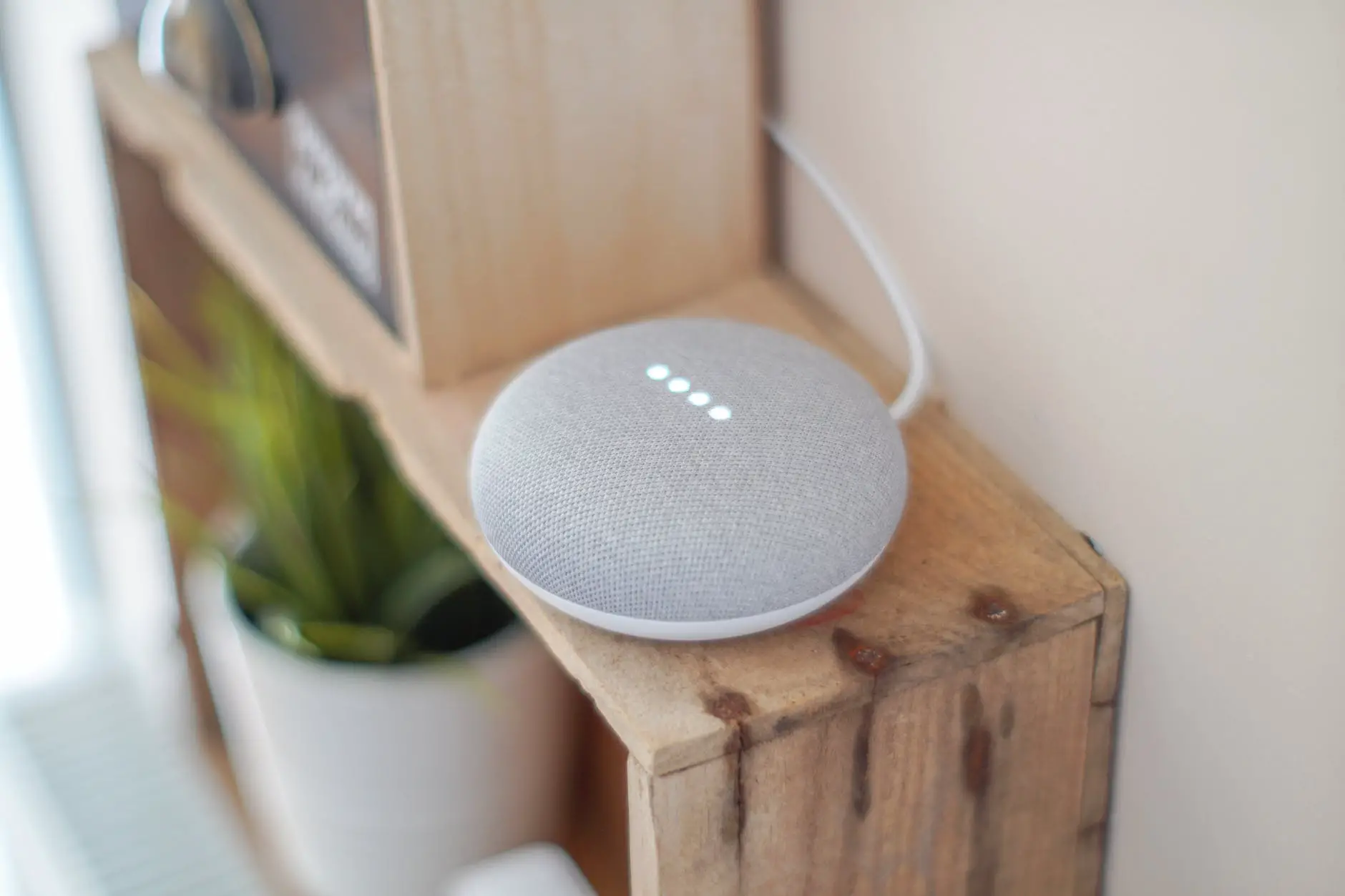Google Tensor, the first ever custom-built system-on-chip (SoC) designed by Google Silicon, has arrived, promising a revolution in mobile computing. This groundbreaking chip marks a significant shift away from the traditional reliance on third-party processors and signals Google’s commitment to creating a more tightly integrated hardware and software ecosystem.
Table of Contents
Redefining Smartphone Performance using Google Tensor
Google Tensor takes aim at the heart of a smartphone’s performance, the SoC. This chip integrates the CPU, GPU, memory, and other essential components into a single unit, offering several advantages:

- Enhanced Efficiency: By designing the entire system together, Google optimizes the interaction between different components, resulting in significant performance gains and improved battery life.
- Tailor-Made for AI: Tensor Chip comes equipped with dedicated AI processing units, designed specifically for machine learning tasks. This translates to faster and more efficient execution of AI features, including on-device translation, image recognition, and augmented reality.
- Unprecedented Security: Google leverages its expertise in security to build a chip with advanced security features, protecting users from vulnerabilities and threats.
Unlocking a New Era of Mobile Experiences:
Beyond performance, Google Tensor paves the way for a new wave of mobile experiences. Here are some of the exciting possibilities:
- Personalized computing: Harnessing the power of AI, Google Tensor can personalize your smartphone experience, tailoring features and suggestions to your individual needs and preferences.
- Seamless integration: With Tensor chip at the core, your smartphone becomes a seamless extension of other Google services and devices. Imagine a world where tasks and information flow effortlessly between your phone, smart home devices, and even your car.
- Enhanced multimedia: The dedicated AI processing power unlocks new possibilities for photography, videography, and gaming. Expect sharper images, smoother videos, and more immersive gaming experiences.
Early Impressions on Google Tensor Chips:
While Tensor chips from Google is still in its early stages, early benchmarks and user reviews paint a promising picture. Users report significant improvements in performance, responsiveness, and battery life compared to previous Pixel devices. Additionally, the integration with Google’s AI features feels seamless and intuitive, offering a glimpse into the future of mobile computing.
The Road Ahead for Tensor Chips
Google Tensor marks a turning point in the mobile industry. As Google continues to refine its chip design and integrate it further with its software and services, we can expect even more revolutionary advancements in mobile technology. From personalized AI assistants and seamless cross-device experiences to enhanced security and unprecedented performance, the future of mobile computing looks brighter than ever thanks to the tensor chip from Google.
Comparison of Google Tensor Chips:
| Feature | Google Tensor | Google Tensor G2 | Google Tensor G3 |
|---|---|---|---|
| Release Year | 2021 | 2022 | 2023 |
| Fabrication Process | 5nm | 5nm | 4nm |
| CPU Cores | 2x Cortex-X1 + 2x Cortex-A76 + 4x Cortex-A55 | 2x Cortex-X1 + 2x Cortex-A78 + 4x Cortex-A55 | 2x Cortex-X3 + 2x Cortex-A715 + 4x Cortex-A510 |
| GPU | Mali-G78 MC20 | Mali-G710 MC10 | Mali-G715 MC7 |
| AI/ML Processing Unit | TPU (2nd Gen.) | TPU (3rd Gen.) | TPU (4th Gen.) |
| Image Signal Processor (ISP) | Titan M2 | Titan M2 | Titan M3 |
| Mobile Network Support | 5G | 5G | 5G + mmWave |
| AnTuTu Benchmark Score | ~800,000 | ~850,000 | ~1,021,731 |
| Geekbench 5 Score | ~1050 (single-core) / ~3100 (multi-core) | ~1100 (single-core) / ~3400 (multi-core) | ~1200 (single-core) / ~3800 (multi-core) |
Additional Notes:
- The Tensor G2 offers improved performance in AI/ML tasks compared to the original Tensor chip.
- The Tensor G3 features a new fabrication process for better efficiency and potentially longer battery life.
- The Tensor G3 also introduces mmWave support for faster 5G speeds.

But the journey isn’t without its challenges:
- Competition: Google faces stiff competition from established chipmakers like Qualcomm and Apple.
- Learning curve: Integrating a custom SoC requires significant software optimization to fully unlock its potential.
- Cost implications: While the long-term benefits may outweigh the initial investment, the development and production of a custom SoC can be costly.
Google Pixel Phones with Tensor Chips in it:
| Pixel Model | Year Released | Tensor Chips |
|---|---|---|
| Pixel 6 | 2021 | Tensor First Gen |
| Pixel 6 Pro | 2021 | Tensor First Gen |
| Pixel 7 | 2022 | Tensor G2 |
| Pixel 7 Pro | 2022 | Tensor G2 |
| Pixel 8 & 8 Pro | 2023 | Tensor G3 |
Final Thoughts on Tensors Chip from Google
Despite these challenges, Google’s commitment to innovation and its vast resources position it well to lead the way in the evolving landscape of mobile computing. The arrival of Google Tensor is a landmark moment, and the impact it will have on the future of smartphones and mobile experiences is yet to be fully realized. One thing is certain, however: the mobile industry has entered a new era, and Tensor chips are at the forefront of this exciting transformation.

